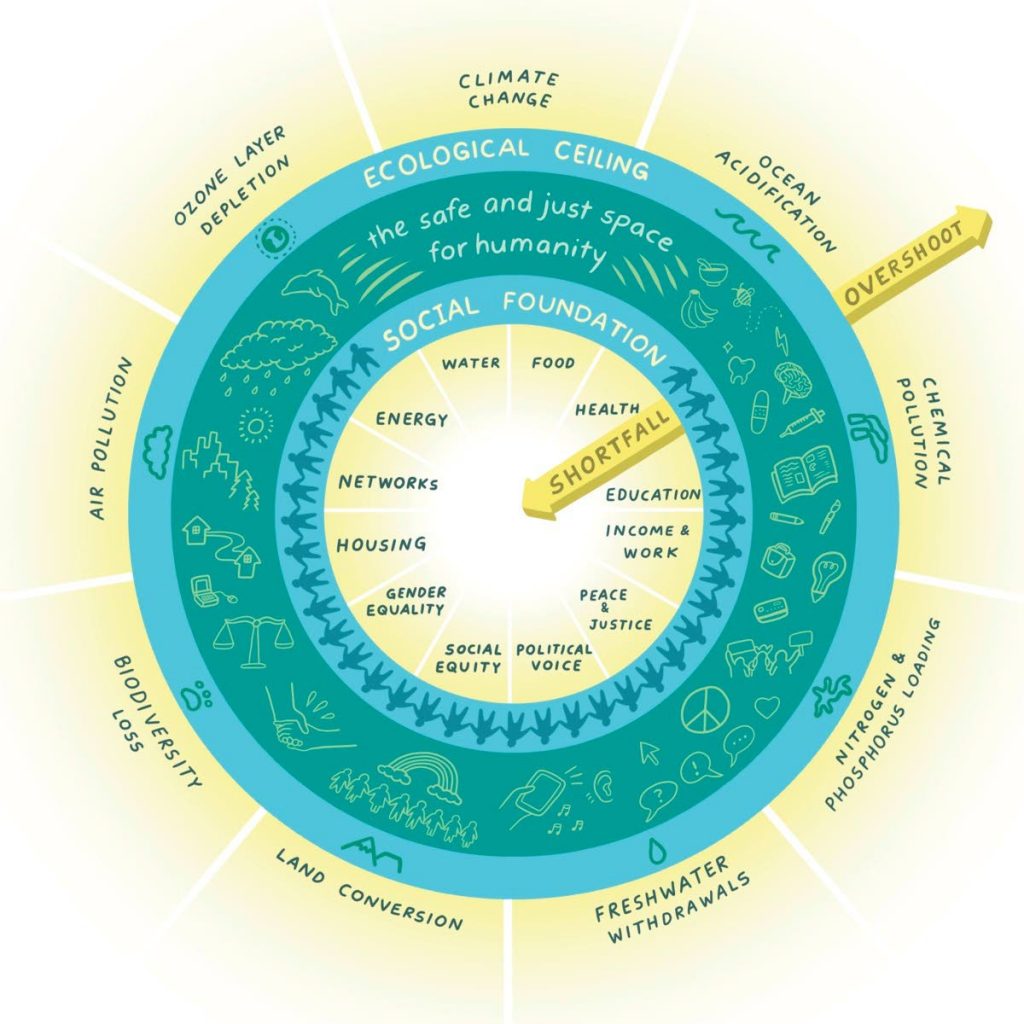

Self-determined fair shares never quite get the job done - as the world’s governments have demonstrated. To their credit, companies taking this approach at least start by acknowledging the scale of change needed based on, say, the total reduction in greenhouse gas emissions, fertilizer use or water withdrawals that is recommended by Earth-system scientists or required by national policy targets.

The third response - getting more serious now - is to do our fair share in making the switch to sustainability. Motivated by this kind of green positioning, such companies benchmark their progress against industry competitors: it’s a start, yes, but the most that it demonstrates is that "we are doing more than our competitors" or "we are doing more than we did last year." And that is very likely to be a long way off of what’s needed. Others pursue the credentials of "green" product branding that appeals to consumers willing to pay a premium for eco-friendly products. That said, some companies evidently believe it pays more to deceive: Volkswagen gained notoriety in 2015 when it was caught fitting millions of its diesel cars with "defeat device" software that switched their engines into a low-emissions mode during tests, so significantly under-reporting their nitrogen oxide and carbon dioxide emissions. Cutting greenhouse gas emissions and reducing industrial water use are classic efficiency measures that tend to boost company profits in the process, especially in the early stages.

That’s why the next-step response has become the most common: do what pays, by adopting eco-efficiency measures that cut costs or boost the brand. Many manufacturers who depend upon worldwide suppliers - such as cotton growers and coffee farmers, wine makers and silk weavers - now realize that their own product supply chains are vulnerable to the impacts of rising global temperatures and falling water tables, so recognize that doing nothing no longer seems such a smart strategy. For decades, the majority of companies worldwide took this tack, treating sustainability as a nice-to-have that they didn’t need to have because it did nothing for the share price. What we are doing is (mostly) legal and if we get fined, we tend to consider it a cost of business. Why change our business model, they reason, when it is delivering strong returns today? Our responsibility is to maximize our profits, so until environmental taxes or quotas are introduced to shift the incentives we face, we’ll carry right on. The first and oldest response is simple: do nothing.


 0 kommentar(er)
0 kommentar(er)
